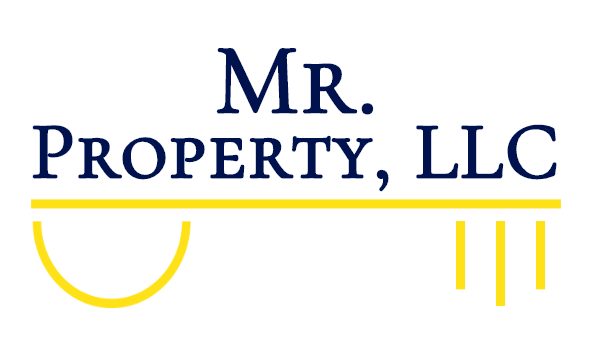The price of homes seems to be skyrocketing amid the current “Housing market bubble”. What is this bubble you ask? With a rise in housing demand but the lack of desireable homes or the timely manufacturing of newer homes, the prices of homes are going up. Homes are too pricey for lower-income families but those who can afford homes are waiting for a more suitable dwelling. Hope is not lost if you have come prepared for this moment, stuffing your piggy bank and have been making smart money moves over the years. You can find the home that’s right for you if you choose the mortgage that is calling you. To make an informed decision around finding a mortgage for you, you’ll need to understand the types of mortgages, where to get them and how to continue affording your home as time goes on.
A mortgage is an assumption of interest in real estate as collateral on a loan. A homeowner borrows money from a lender and enters a contract making the home collateral for the payment of the loan. This may sound confusing but then if you fail to pay your monthly mortgage the lender can take ownership of your home and place it up for sale to cover the rest of your balance. If the house’s value is lower than the remaining balance they can still pursue you to pay the difference. There are two types of mortgages and each has its pros and cons. A Fixed-rate mortgage loan generally bears interest over a fixed amount of time usually lasting a period of fifteen to thirty years. The interest is determined by the prevailing market conditions, at the time. On a fixed-rate loan, you will be required to pay a point toward your loan. A point is one percent of the estate buying price or value. Paying a point at the time of loan placement is a down payment and can also be made at times during the period of loan repayment to lower monthly interest rates. An adjustable-rate mortgage is a more affordable but volatile loan. During the initial loan placement, you may get a fairly low-interest-rate based on the prevailing market condition, but prevailing market conditions don’t remain the same which can cause your payments to rise and fall. You can have a low payment for one month, while a few months in your payments could nearly double. This is not the worst situation as you can discuss with the lender a minimum and maximum to cap payments to protect both the homeowner from paying ever-fluctuating interest rates and the banks from major losses.
Just like the types of mortgage loans vary, so can the loan lenders. The three main lenders are mortgage bankers/ brokers, Direct lenders, and secondary market lenders. Mortgage brokers work like a real estate broker where they shop around and can submit a loan to various lenders. They can both, provide loans, or gather competitive rates that find the best loans to fit your needs and budget. Direct lenders are entities such as banks or credit unions that will provide you with the loan directly. Secondary market lenders are private or government corporations such as the Federal National Mortgage Association, Quicken loans, and Freddie Mac. These programs work in a wider range providing loans across many states and collecting different mortgage loan creators that have regulations that benefit the general public.
You have your mind, set on a lender but there are a few helpful points of information you may want to understand. Understanding interest rates, mortgage points, and lender fees which are all important to determine the final buying price and monthly mortgage price. Interests can change over time and between lenders. Taking your time to find the perfect one for you is an invaluable process that can save you money and heartache of foreclosure. Mortgage points are lump sums of money that equate to a percentage of your overall loan. Paying these at the beginning and throughout your loan period can lower your interest payments. Being mindful of the fees that come with lenders such as application fees and various analytical fees that can pile on top of the price of your home. The process of buying a house can be a pain but with proper support, plan, and information it can be the start of something beautiful.





0 Comments